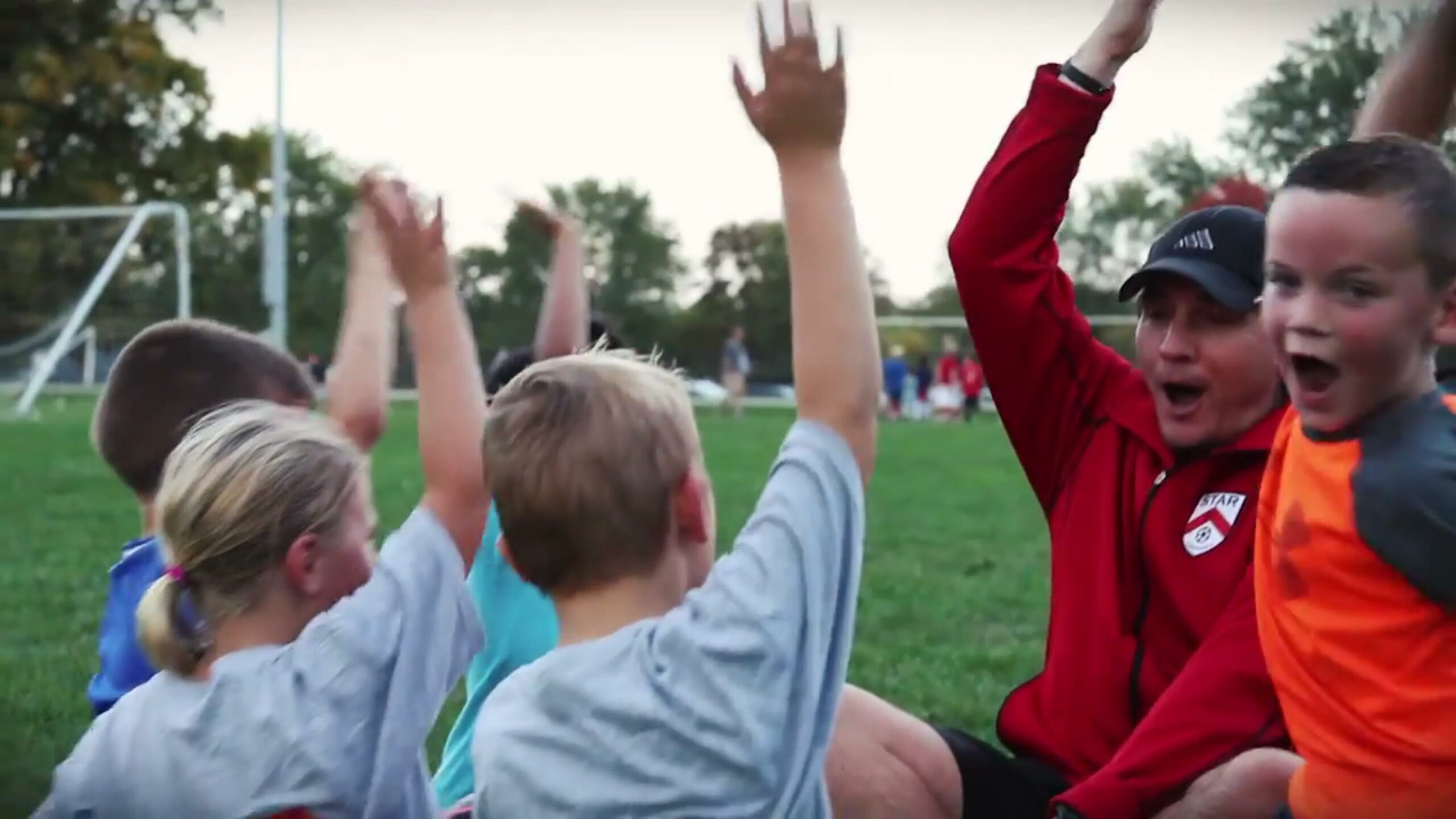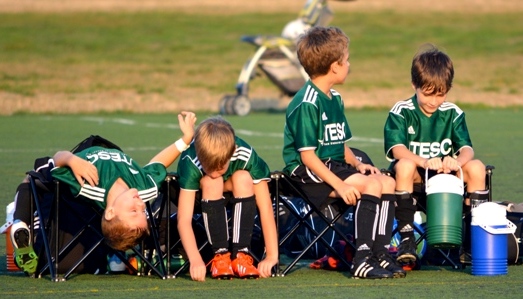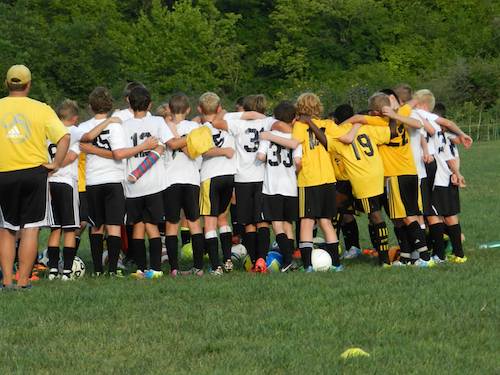I recently spent a few days with some NCAA Division I programs I have worked with the past couple of years. Both programs have been very successful on the field, winning conference championships and achieving high national rankings and recognition. Both programs also want to keep pushing to the next level, to compete for national championships, as well as emulate their past successes. And this creates an interesting scenario.
On my most recent trip I asked one of the teams to individually write down how society judged their success. I had asked this question in the past and was reminded of it by Brett Ledbetter in his new book Question Based Leadership: A Playbook for Leadership Conversations. Whether it be their classmates, their parents, media, or the general public, how did outsiders to the program judge their success. The most common answers were:
- Winning
- Championships
- Individual awards
- Goals and assists/individual stats
- Public attention/social media followers
I then asked them to write down what’s most important to them in their lives, what brings the greatest fulfillment in their everyday pursuits. The most common answers:
- Family
- Friends and teammates
- Health
- Being successful/winning
- Religion/spirituality
- My dog!!!
When we put these side by side we can see the issues. The external pressures and the way society judge athletic success are far apart from what brings us joy and fulfillment in life. Now, that is not to say in any way that college teams do not want to try and win championships and have success in the win and loss column, or that players should not strive for individual and team recognition. It’s just that if that is your sole focus you end up feeling empty. Even if you win, it can be hollow. If you spend your time worrying about and trying to change other peoples opinions about you, you are focusing on something that is uncontrollable. It can wreck your confidence, and bring a great deal of stress and anxiety into competition.
Worse, the pursuit of the things that matter to society at large can promote selfishness, whereas great teams are dominated by selflessness. Pretty soon teams can be fractured, and dominated by the attitude of “I’m going to get my points/assists/awards/recognition, to hell with the team.” Society’s scorecard actually brings athletes farther away from what they just listed as valuing the most.
On the professional and collegiate level, and even on the high school varsity level, results matter to varying degrees. Coaches have to show results to keep their jobs, and competitive athletes want to win. But if you win by forsaking what you value most, it is never fulfilling. Sadly I see this focus on the societal scorecard becoming more and more prevalent on the youth level. 10 and under teams worried about national rankings. All star teams and cuts happing at younger and younger ages. How often does “did you win” just pop out of our mouths when we see our kids at the end of a youth game? I see walk up songs for tee-ball players going viral on Instagram. And when I speak to college coaches about the athletes they are recruiting, do you know what they all say?
“We have to teach them that everything they and their parents were taught to value regarding stats, points, all star recognition and the like don’t matter anymore, You have to be part of this family, You have to be selfless. You have to learn to give, not get.” Our youth sports focus on the societal scorecard in not preparing our kids for the next level. It is inhibiting them.
In a great recent article about Iowa basketball star Caitlin Clark, author Wright Thompson discusses how her competitiveness and quest for excellence and acknowledgement led to lots of handwaving, anger and frustration with teammates.
“She’d trapped herself in a perpetual state of chasing, where achievements brought no peace. Her coaches and mentors helped her see the lie in those dreams. The numbers, great as they were, fun as they have been to chase, weren’t speaking to her soul, weren’t why she played,” writes Thompson. The attention and the awards were dragging her away from making the type of memories that matter most, those with friends and families.
“That’s not going to make me feel full at the end of the day,” said Clark. “In 20 years, banners and rings just collect dust. It’s more the memories.”
Caitlin and her Iowa teammates settled on a mantra: “Find peace in the quest.” And this is what we all must do. teach our kids to embrace the process. Find joy and fulfillment in the journey of improvement and excellence. Win each day, and link as many of those days together as possible. Be a great teammate, and teach others to do the same. Focus on what fulfills you, and not what society tells you to value. This was my message to the college team I was working with on their quest to become a national champion. Have high standards, and compete like crazy. But don’t lose sight of what matters most.
That is the path to a transformational sports experience for parents, coaches and most importantly, our kids. Good luck.













Comments